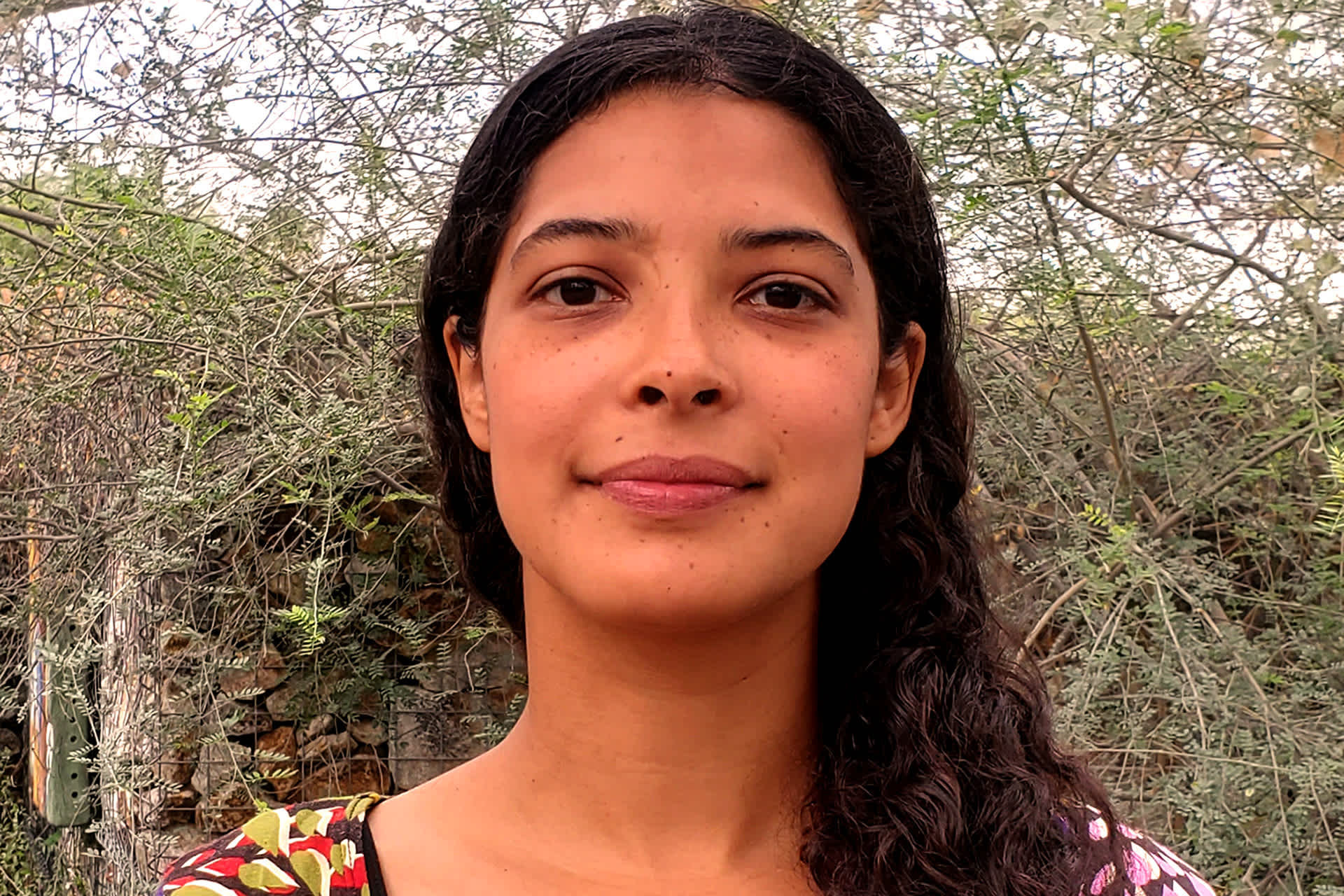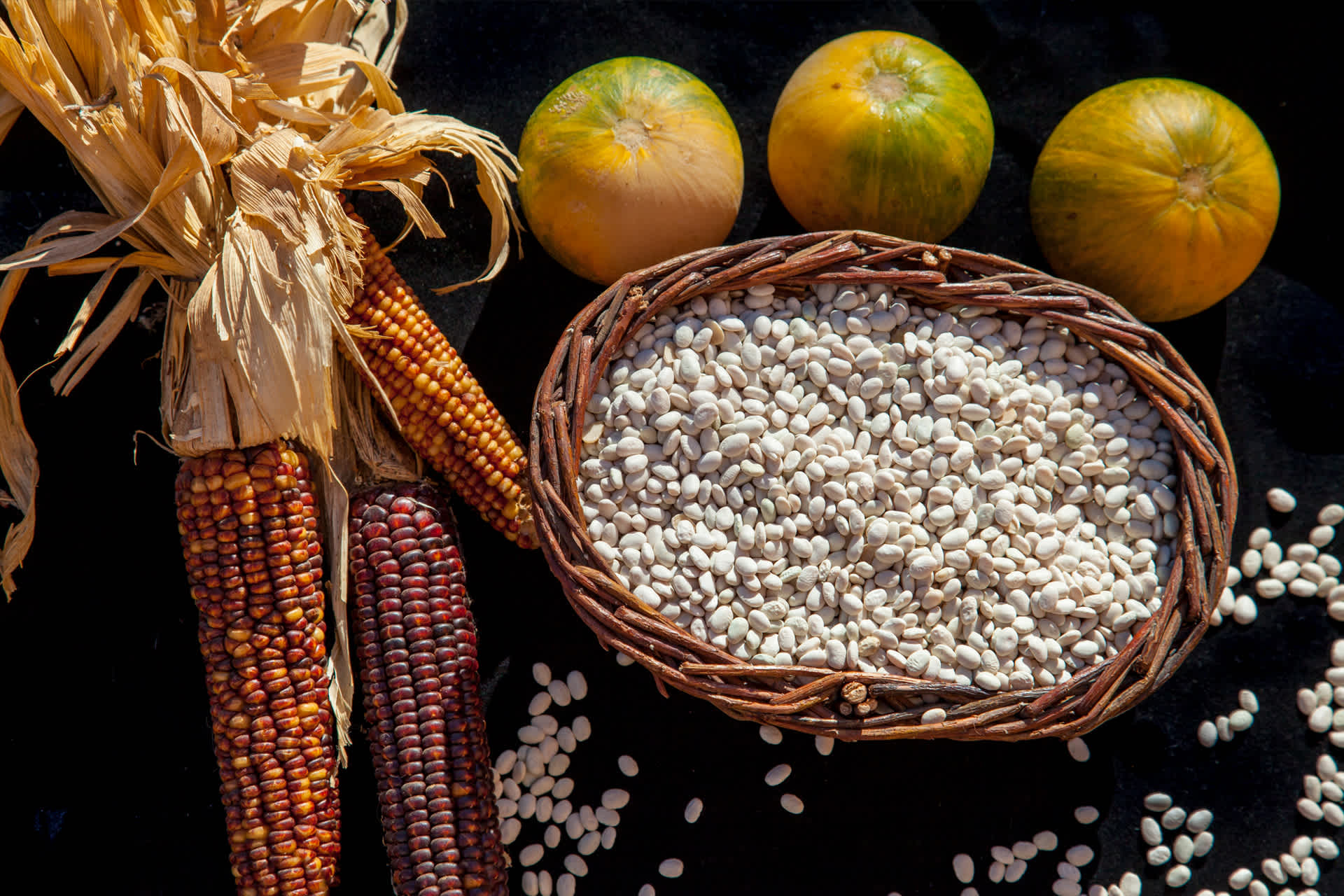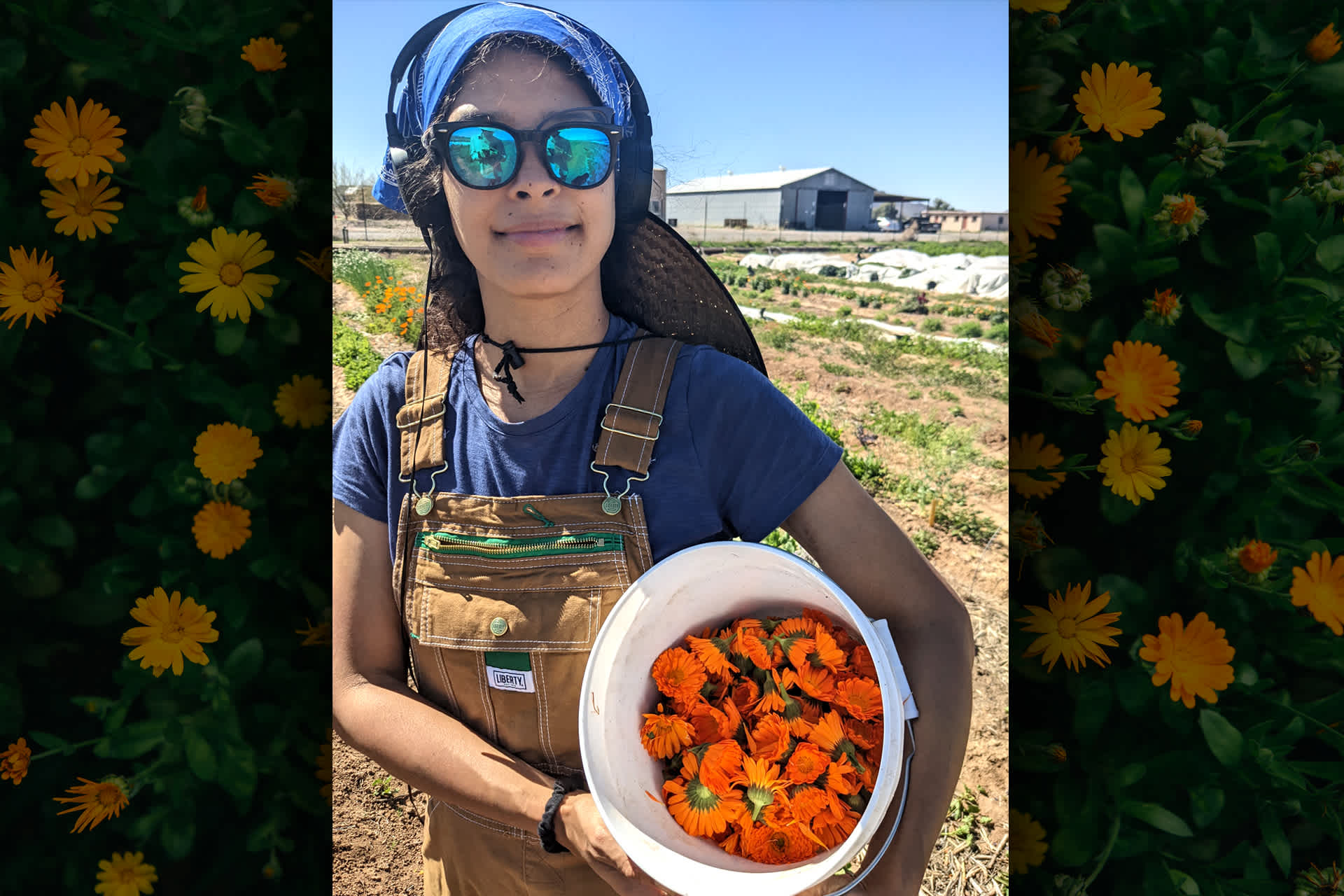Growing Awareness

Andrea Carter was about 10 years old when she realized she wanted to spend her life cultivating food. While there weren't many farms near Bethesda, Maryland, where she grew up, her family traveled each summer to rural Vermont, where Carter spent many hours getting her hands dirty in a neighbor’s fields. “There wasn’t much to do except to weed tomatoes and pull kale,” she told Your Hot Job. “Looking back, it was a gift to be exposed to the outdoors, to farming, to where food comes from.”
Today, Carter is an agronomist. That’s a scientist who studies how plants grow. Agronomists use that knowledge to help farmers produce better crops, in larger quantities. They’re also known as crop scientists. Because there are many factors involved in plant growth, agronomists usually have a specific focus. For example, some specialize in soil management, which involves keeping the soil healthy enough to grow plants. Others become experts on controlling weeds or protecting crops from insects and diseases.
Carter focuses on plants that grow in deserts. That’s another choice inspired by her childhood: Carter’s mom is from North Africa, and the family spent time in Tunisia, a country with vast stretches of desert. That led Carter to pursue a PhD in plant science at the University of Arizona, in Tucson. The city is in the Sonoran Desert, where plants survive with minimal rain. “I came out to Arizona to learn about how people have been farming in this arid landscape for thousands of years,” Carter says.
Time-Honored Traditions
Agronomists can find work in a variety of places, including government agencies, universities, and nonprofit organizations. Carter works at a nonprofit in Tucson called Native Seeds/SEARCH. The group is devoted to preserving seeds that are adapted to the dry climates of the American Southwest and to sharing knowledge about how to grow them. These seeds, which include varieties of corn, beans, squash, and other crops, have been grown by Indigenous farmers for centuries. But they’re at risk of disappearing—yes, seeds can go extinct—if not cultivated properly or not grown at all. To prevent that from happening, the organization works with farmers to grow these crops and harvest their seeds. The seeds are then stored in a seed bank for future use.

As the director of agriculture and education at Native Seeds/SEARCH, Carter says strong communication skills are vital. She spends much of her time leading workshops about farming in the dry climate of the American Southwest and educating others about the importance of conserving seeds that thrive in this region. Her Indigenous heritage on her father's side—she’s a member of the Powhatan Renape Nation—enriches her role. “Indigenous people have these time-honored and proven ways of growing out of these landscapes and with these crops,” Carter says. “Our goal is just reconnecting with that and supporting it.”
One of Carter’s favorite parts of her job is visiting farms. “What I enjoy the most is the relationships with people, farmers in particular, who share a passion for growing, for caring for their community, for caring for the Earth,” she says.
Carter and her husband also run their own herb and vegetable farm near Tucson. It’s called Luna de Sonora. Being a farmer herself, she says, allows her to form stronger connections with other farmers and understand the challenges they face. “I am better at my job because I, too, am [a farmer],” she says.

Carter advises young people interested in crop science to visit or volunteer at the nearest garden or farm to help determine if this is the right career path for them. “Figure out if you really like being with plants and being outside and growing things,” she says.

